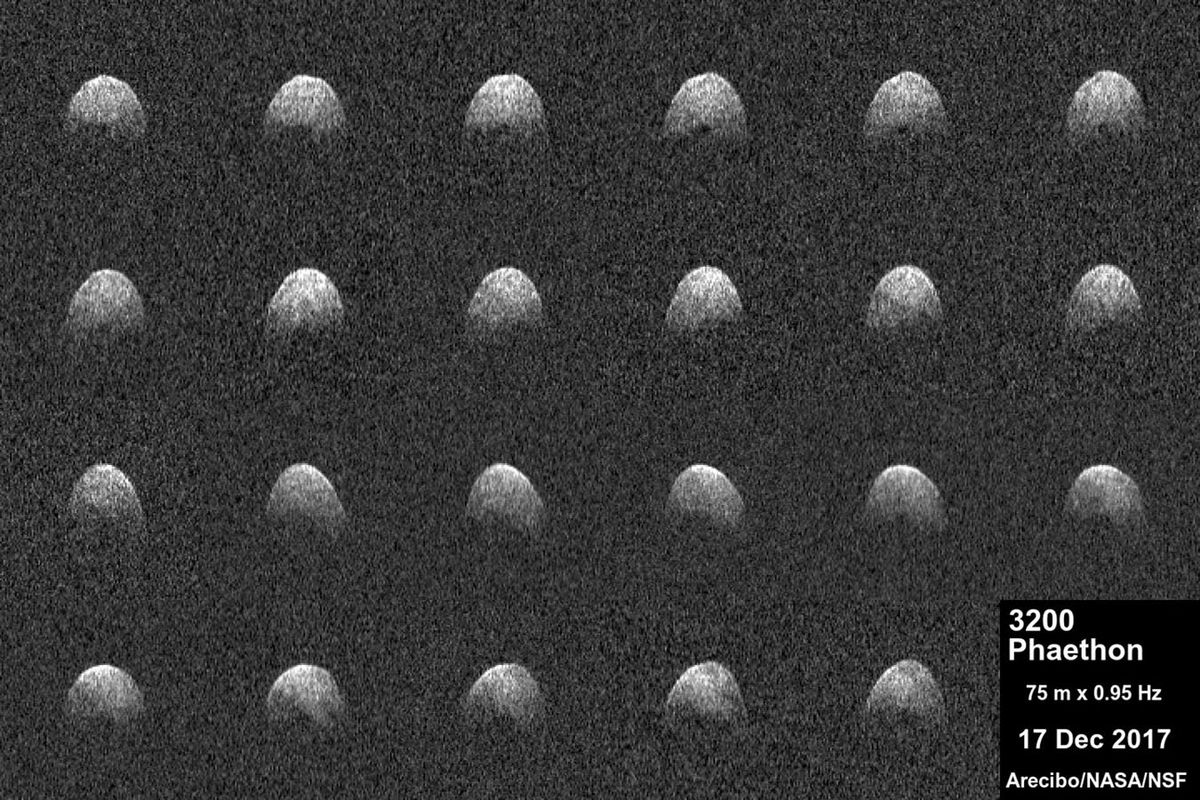
Arecibo never played a role in discovering asteroids; that task is much more easily completed by a host of telescopes that see large swaths of the sky in visible and infrared light and are able to catch the sudden appearance of a bright, fast-moving dot between the stars, telescopes like the PanSTARRS observatory in Hawaii.
Sometimes that speed will matter, said Bruce Betts, chief scientist at the Planetary Society, a nonprofit space-exploration advocacy group that includes planetary defense among its key issues."You want to define an orbit as quickly as you can to figure out whether the asteroid is going to hit Earth," Betts told Space.com.
"This is actually a preventable natural disaster if we work hard enough," Betts said.And radar can more quickly offer other details about a space rock that can inform planetary defense, including such vital information as whether an asteroid is actually a single object or a pair of objects in disguise, as 15% of near-Earth asteroids turn out to be, Betts said."They are not going to be as flexible with scheduling these recently discovered target observations as Arecibo has been," Virkki said.Virkki said there are plans in the works to add radar capability at the Green Bank Observatory in West Virginia, but here again, it won't be able to take over Arecibo's work.Green Bank will use a slightly different flavor of radar than Arecibo did and will be more vulnerable to weather, she said.
"If you have a very narrow beam, you have to have a very good idea of where you are pointing your radar," Virkki said.
New asteroids are being identified ever more quickly — a few thousand a year, these days — and that trend will only accelerate when the Vera Rubin Observatory begins work within the next year, he said.
"It's going to discover nearly a factor of 10 more asteroids than all other telescopes combined," Lu said of the Rubin Observatory."What we're actually going to have is quite a large number of new asteroid observations, and within that data set, there are going to be asteroids that are known to be coming very close to the Earth, and which we initially will not be able to rule out as either hitting or not hitting.".
There's no easy way to replace the radar capacity that is being lost with Arecibo, all three experts said.